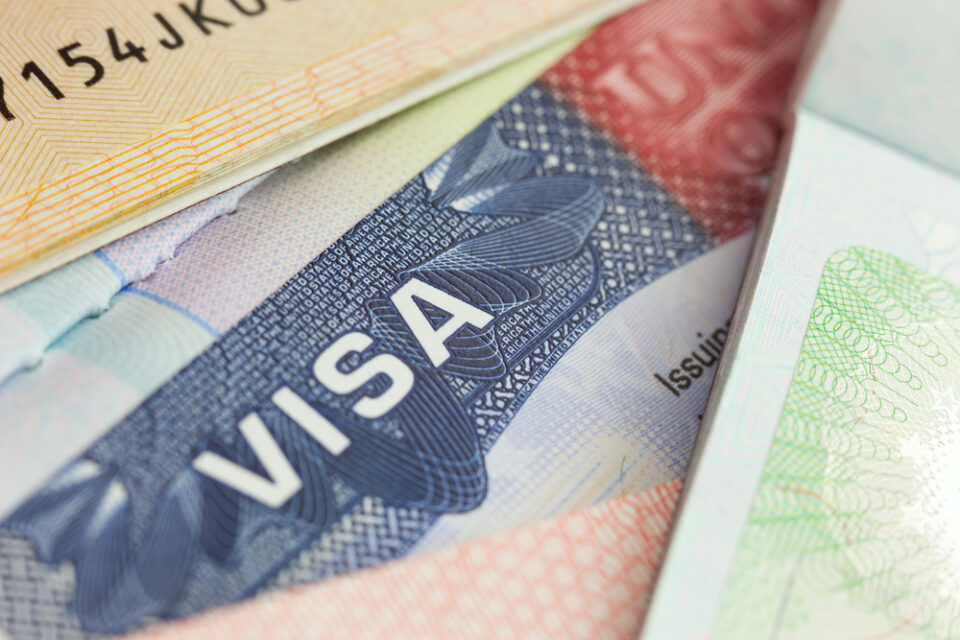The Trump administration’s plan to tighten USCIS citizenship screening starting the 20th of this month has stirred unease among Korean Americans, with some appearing to postpone their naturalization plans.
Recent applicants at the U.S. Citizenship and Immigration Services (USCIS) said interview officers have been applying stricter “principles,” making it essential to prepare complete and verifiable documentation. Some permanent residents who have held green cards for over five years appear to be waiting until after Trump’s second administration to apply for citizenship.
A La Crescenta resident, identified as Kim (45), said he only felt relief after taking the oath the 24th of last month at the USCIS Los Angeles office. Kim explained that as immigration enforcement grew tougher under the new administration, he decided to apply early. “I filed my citizenship application in May, and just four months later, I was scheduled for an interview,” he said. “I was very nervous that day. The officer asked about my travel history, traffic tickets, and any police records. I didn’t expect them to request documents for even minor traffic violations.”
According to Kim, the officer reviewed each traffic citation listed in his application and requested proof that administrative actions had been completed. “I had past stop-sign and red-light violations, but I couldn’t find the payment receipts. I showed my Department of Motor Vehicles (DMV) record and my driving school registration to confirm the fines were settled,” he said.
While some attorneys claim minor traffic infractions need not be disclosed, the citizenship application N-400 (Part 9) explicitly requires applicants to report any citations, arrests, detentions, or prosecutions by law enforcement, the military, or immigration authorities. Consequently, USCIS officers are reviewing even simple citations and their resolutions.
Applicants with domestic violence or driving under the influence (DUI) records are urged to bring all supporting documentation. An attorney who requested anonymity explained, “To assess good moral character, the form asks if the applicant has ever been arrested. If the answer is ‘yes,’ officers will ask for detailed explanations, even about incidents that happened long ago. Even a domestic disturbance that resulted in police intervention or a DUI record must be reported.”
Some interviewers have also questioned why applicants left their companies soon after receiving green cards through H-1B sponsorship or have pointed out spelling errors during the English dictation portion of the citizenship test. Lee (46), who attended an interview last August at the USCIS Los Angeles office, said, “I changed jobs six months after getting my green card, and the officer asked why I left. During the writing test, I misspelled one word, and they didn’t overlook it.”
Meanwhile, some green card holders are delaying their citizenship applications due to concerns about stricter enforcement. However, immigration attorney Jonathan Park said, “If you obtained your green card lawfully and have no major issues, there’s no need to worry. The process has actually become faster—some applicants are being interviewed within three months of filing.”
BY HYOUNGJAE KIM [kim.ian@koreadaily.com]




